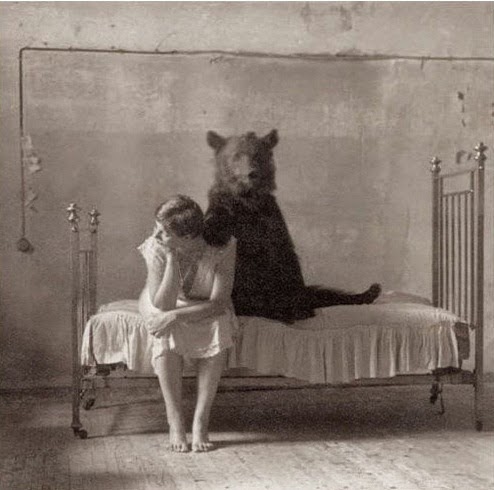I haven’t met a single person (including myself) that
doesn’t think they have at least one aspect of life figured out. We generally
go around rolling our eyes and wagging our heads at the behavior and words of
others. At our jobs, at grocery stores, bars and church. If only they knew what we knew!
I do it all the time. I saw a lady coming out of Publix the
other day, apparently healthy, young, beautiful and holding her very expensive
purse on her arm as she pointed an elderly employee, who was pushing her very full
cart, toward her fancy car. Oh, I had plenty to think and say about her.
I always know better. We all do, don’t we?
Christians do this to each other concerning theology too.
Some worse than others, yeah, but we all think we’ve got at least one aspect of
our faith pegged. And we search like a
hungry lion for someone to correct.
I sincerely despise seeing this in Christians. It’s one my
major pet peeves. I want to choke them out, screaming, “It’s about love, you
moron! Love!” …Yeah, I know I have issues.
But it really is about love, you know?
John 13:34-35 says, “a new command I give you: Love one
another. As I have loved you, so you must love one another. By this
everyone will know that you are my disciples, if you love one another.” (NIV)
(Also, to name a few more: Mt 22:37-39, Rm 12:10, Jn 4:7-8,
Mt 5:44-45, John 15:12-13, Rm 12:8, etc.)
To be sure, the command to love is such an overwhelming part
of Scripture that you’d think it’d be hard to ignore. But I do it every day.
Love, the bible says, is how the world knows we’re from him.
(Not our goodness, it’s important to note.)
Knowing that not only are you loved, but the whole world (jn
3:16) is loved too means gives us freedom to interact with the lost. But we
also have to understand that we aren’t going to the lost as those who are
better than them, but sinners who’ve found God’s grace. To quote Luther, we are
“beggars telling other beggars where they found bread.”
Jesus was known, because of his indiscriminate love, as a
friend of sinners. If we’re not in danger of being labeled that too by the
uptight religious sort, we’re doing something wrong. Because of God’s unlimited
love, not only are we free to have dinner with prostitutes, it’s important that
we do. Unconditional love reaches out to be friends with the sexually deviant,
play cards with the drunkard, laugh with the inmate.
An understanding of our deep need of God’s love and grace
lets us do that without an ounce of pride. It lets us see ourselves as no different
than (dramatic music!) them! The only
difference, to be clear, is that we already received the free gift which is
also available to them.
If you need a little help with that last bit, 1 Corinthians
5:12 says, “What business is it of mine to judge those outside the body.”
That’s God’s business, the verse goes on to say. It does say, however, that
we’re to judge within. But keep your guns in their holsters. Even that’s not
what you might think.
Here’s the thing: We’re not anyone’s mother. When I see you
going what I consider a little too far I don’t have to feel the need to correct
you. When you say something I wouldn’t necessarily say, I can let it pass. Of
course, if you come to me talking about cheating on your spouse, I’m going to
tell you the truth. But my point is that I don’t have to correct your course in
every opinion you have that I disagree with or every action I couldn’t imagine
doing myself.
Let each other breath. We’re all imperfectly growing in
Christ.
Love is the key to all of this. Doing to others what you’d
have them do to you is a beautiful example of love in action. I don’t want to
be talked down to. Check. Don’t do
that to others. I don’t want to be shamed. Check.
Don’t do that to others. I want to be loved unconditionally.
Check. Do that to others.






















































